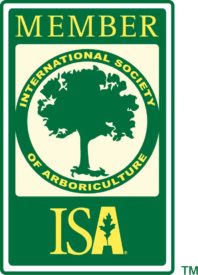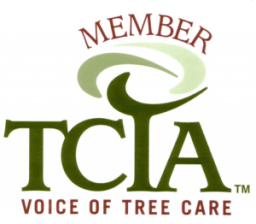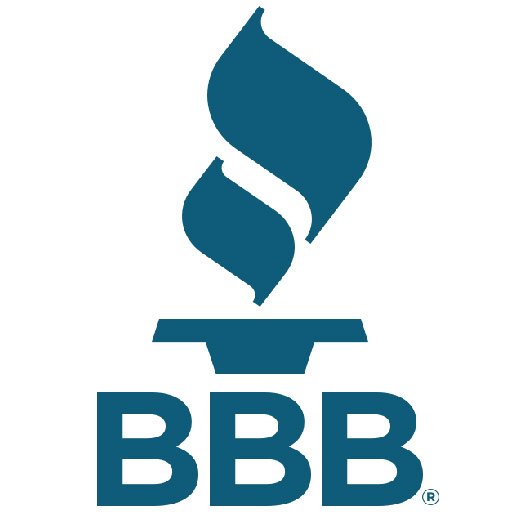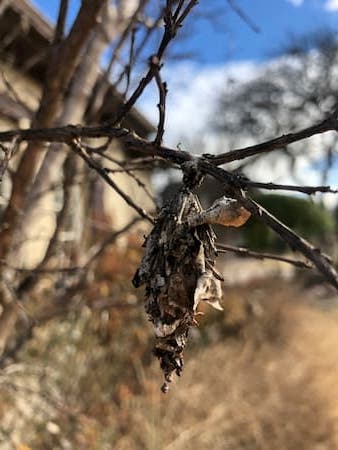READ MORE: Aphids・Bagworms・Beetles・Gypsy Moth・Oak Gall・Termites・Twig Girdlers・Webworms
Bagworms Treatment in Fort Worth, TX
ISA Certified Arborist That Treats Bagworms
Bagworms are highly prevalent in Fort Worth, TX. They are insidious insects that are deceptive in their manifestation and often mislead the homeowner into thinking their tree has pine cones, buds, or new foliage growth. Bagworms create small cone-shaped structures less than three inches in length. These worms form the casings from leaves, bark, and twig remnants to hide within.
Trees such as cedar, juniper, and spruce are targeted by these destructive pests as well as elm, maple live oak, and numerous shade tree varieties. If treatment is not administered, bagworms will eventually destroy the infested tree. Contact an experienced tree company immediately if you observe these strange formations strewn within your tree.
Bagworms Treatment in Fort Worth, TX, call (817) 880-6130 for a Bagworm diagnosis!
Diagnosing Bagworms
As is typical with many insect infestations and tree diseases, bagworms tend to target weak trees and are not in the best of health. They lay their eggs in the fall and emerge as moths in spring. The presence of bagworm moths indicates their occupation. Increased bird activity throughout the outdoor grounds is further confirmation; however, the birds that feed upon them only temporarily delay bagworm invasion.
Contact a Tree Care professional and requests a diagnostic evaluation. An arborist that treats sick trees will examine the tree in question and provide a detailed diagnosis report. Working with a tree care specialist is extremely important to guard the health of your trees.
Treatment Of Bagworms
All bags must be immediately removed and destroyed by a professional tree removal company. Ground debris must be eliminated. Regularly-scheduled pruning by a tree pruning service using sanitized tools will guard the trees against developing new bagworm cocoons. Carefully timed pesticide applications by a tree doctor successfully prevent increased insect infestation. A one-year warranty is provided for all treatments. Deep root fertilization is an essential tree of health care treatment.
A highly-trained tree expert injects the specific liquid nutrients the tree requires directly into its root zone, and the injected oxygen aerates the soil. Trees that receive this key treatment annually are 95% less apt to become infected by tree disease or develop insect problems. It is always best to protect the health of your valuable trees.
Take proactive measures to ensure your trees are healthy and entrust their care to the best arborist in Fort Worth, Texas. We have many years of experience caring for the trees and residences within Fort Worth and the surrounding cities.
Contact Us For Bagworm Treatment in Dallas-Fort Worth, TX
Contact the best arborist in Fort Worth, Texas, at (817) 880-6130 and schedule your complimentary consultation. Our team of highly experienced and knowledgeable certified arborists, tree doctors, and arbor care professionals are devoted to caring for the trees within our community and providing you with the best service at the best price.
If you have Bagworms on your property, call (817) 880-6130 for a free consultation from a certified arborist in Fort Worth, TX.
Tree Insects
Listed below are common tree insects (pests) found in Texas trees.
Aphids
A white soft body insect that creates a sticky "honey dew" structure on limbs or leaves, blocking nutrients.
Bagworms
Bagworms lay eggs that create small cone-shaped structures less than three inches in length.
Beetles
An invasive wood borer that is subject in all wood tissue that causes severe decline in trees health.
Gypsy Moth
A larva that boars into leaf structure that cause lesser of a foliation and decline in overall leaf structure.
Oak Gall
A growth deformity known as a "gall" commonly occur on oak trees subject to branches and other structures.
Termites
Termites, wood-destroying insect, eats away at all wood tissue, damaging the structures of the trees.
Twig Girdlers
Being a member of the long-horned beetle family, these girdlers are known to eat leaf and other tree areas.
Webworms
These caterpillars spin white webbing bag nests in tree branches and eat your tree foliage (leaves).
Certifications




Our Reviews

A+ BBB Rating based on 31 BBB Reviews
4.6/5.0 based on 36 Facebook Reviews

Arborist USA is Rated 4.9/5.0 based on 109 Google Reviews
4.5/5.0 based on 14 Yelp Reviews

